LONDON, England: One of the key promises of artificial intelligence-based (AI-based) tools in dentistry is the expediting of time-consuming tasks. The authoring of electronic health records is one area where AI could enable significant time-savings; however, clinicians must be able to rely on consistent and error-free documentation. According to a team of researchers who tested the accuracy of various AI-based automatic speech recognition (ASR) systems, current systems still require clinical oversight.
Aiming to assess the lexical, transcriptional and semantic accuracy of ASR tools in clinical settings, the researchers dictated 200 orthodontic clinical records that incorporated a range of technical and dentistry-specific language and used the recordings to test ten ASR systems. Four of the systems were commercially available: Heidi, DigitalTCO, Dragon Medical One and Dragon Professional Anywhere. Another five were application programming interfaces that link different software apps: Amazon, Google, Speechmatics, Whisper and GPT-4o Transcribe. Finally, one coupled the GPT-4o Transcribe app interface with the GPT-4o model used for error correction, called GPT4oTranscribeCorrected.
The researchers found that formatting and minor grammatical errors were common in transcripts generated by all of the systems, as were Class 3 errors, meaning-altering mistakes that had the potential to negatively affect clinical care. Class 3 errors accounted for between 0.21% and 4.15% of the total errors made by the systems. GPT4oTranscribeCorrected generated the fewest Class 3 errors, 2% of its transcripts featuring at least one, and Dragon Medical One generated the most, 66% of its transcripts featuring at least one. Furthermore, the systems had difficulty with many dentistry-specific terms. For example, “Essix” was incorrectly transcribed in 97.5% of instances. Other terms such as “palatally”, “mesially” and “buccally” were misinterpreted in most cases as well. The researchers found that speaker accent had only a minor link with errors made and that background noise in the recordings led to poorer performance in all systems tested.
Discussing the results, the researchers outlined the potential of ASR systems to streamline clinical documentation, and they highlighted improvements that could be made to the ASR systems, such as the use of confidence indicators to flag potentially incorrect terms. However, they emphasised that “the most important safeguard is maintaining a ‘human-in-the-loop’ workflow to verify transcripts, as clinicians move from authors to editors of their notes”.
Lead author of the study Dr Ruairi O’Kane, a researcher at the Centre for Craniofacial and Regenerative Biology at King’s College London, said in a university press release: “AI speech tools can streamline documentation and improve efficiency, but we must remain vigilant. Even subtle transcription errors can potentially impact patient care.”
The study, titled “Transcription accuracy of automatic speech recognition for orthodontic clinical records”, was published online on 3 November 2025 in Journal of Dental Research, ahead of inclusion in an issue.
Topics:
Tags:
MELBOURNE, Australia: Encompassing innovations such as virtual care, remote monitoring, mobile health apps and artificial intelligence (AI), digital health ...
GENEVA, Switzerland: Electronic health records (EHRs) have the potential to greatly improve the overall quality of dental care and research. FDI is ...
CHARLOTTE, N.C., US: Dentsply Sirona, the world’s largest diversified manufacturer of dental products and solutions, and Pearl, a leader in dental ...
MANGALORE, India: Digital smile design has begun employing artificial intelligence (AI), raising questions about the quality and acceptability of ...
KARACHI, Pakistan: Artificial intelligence (AI) is transforming dentistry, offering powerful tools to detect caries with speed and precision once ...
Artificial intelligence (AI) has moved from theory into daily prosthodontic practice, reshaping diagnosis, treatment planning and design workflows. My ...
Live webinar
Wed. 4 March 2026
1:00 am UTC (London)
Dr. Vasiliki Maseli DDS, MS, EdM
Live webinar
Wed. 4 March 2026
5:00 pm UTC (London)
Munther Sulieman LDS RCS (Eng) BDS (Lond) MSc PhD
Live webinar
Wed. 4 March 2026
6:00 pm UTC (London)
Live webinar
Thu. 5 March 2026
1:30 am UTC (London)
Lancette VanGuilder BS, RDH, PHEDH, CEAS, FADHA
Live webinar
Fri. 6 March 2026
8:00 am UTC (London)
Live webinar
Tue. 10 March 2026
8:00 am UTC (London)
Assoc. Prof. Aaron Davis, Prof. Sarah Baker
Live webinar
Wed. 11 March 2026
12:00 am UTC (London)
Dr. Vasiliki Maseli DDS, MS, EdM



 Austria / Österreich
Austria / Österreich
 Bosnia and Herzegovina / Босна и Херцеговина
Bosnia and Herzegovina / Босна и Херцеговина
 Bulgaria / България
Bulgaria / България
 Croatia / Hrvatska
Croatia / Hrvatska
 Czech Republic & Slovakia / Česká republika & Slovensko
Czech Republic & Slovakia / Česká republika & Slovensko
 France / France
France / France
 Germany / Deutschland
Germany / Deutschland
 Greece / ΕΛΛΑΔΑ
Greece / ΕΛΛΑΔΑ
 Hungary / Hungary
Hungary / Hungary
 Italy / Italia
Italy / Italia
 Netherlands / Nederland
Netherlands / Nederland
 Nordic / Nordic
Nordic / Nordic
 Poland / Polska
Poland / Polska
 Portugal / Portugal
Portugal / Portugal
 Romania & Moldova / România & Moldova
Romania & Moldova / România & Moldova
 Slovenia / Slovenija
Slovenia / Slovenija
 Serbia & Montenegro / Србија и Црна Гора
Serbia & Montenegro / Србија и Црна Гора
 Spain / España
Spain / España
 Switzerland / Schweiz
Switzerland / Schweiz
 Turkey / Türkiye
Turkey / Türkiye
 UK & Ireland / UK & Ireland
UK & Ireland / UK & Ireland
 International / International
International / International
 Brazil / Brasil
Brazil / Brasil
 Canada / Canada
Canada / Canada
 Latin America / Latinoamérica
Latin America / Latinoamérica
 USA / USA
USA / USA
 China / 中国
China / 中国
 India / भारत गणराज्य
India / भारत गणराज्य
 Pakistan / Pākistān
Pakistan / Pākistān
 Vietnam / Việt Nam
Vietnam / Việt Nam
 ASEAN / ASEAN
ASEAN / ASEAN
 Israel / מְדִינַת יִשְׂרָאֵל
Israel / מְדִינַת יִשְׂרָאֵל
 Algeria, Morocco & Tunisia / الجزائر والمغرب وتونس
Algeria, Morocco & Tunisia / الجزائر والمغرب وتونس
 Middle East / Middle East
Middle East / Middle East
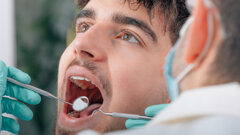
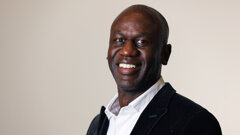









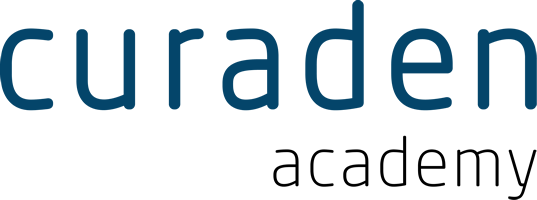















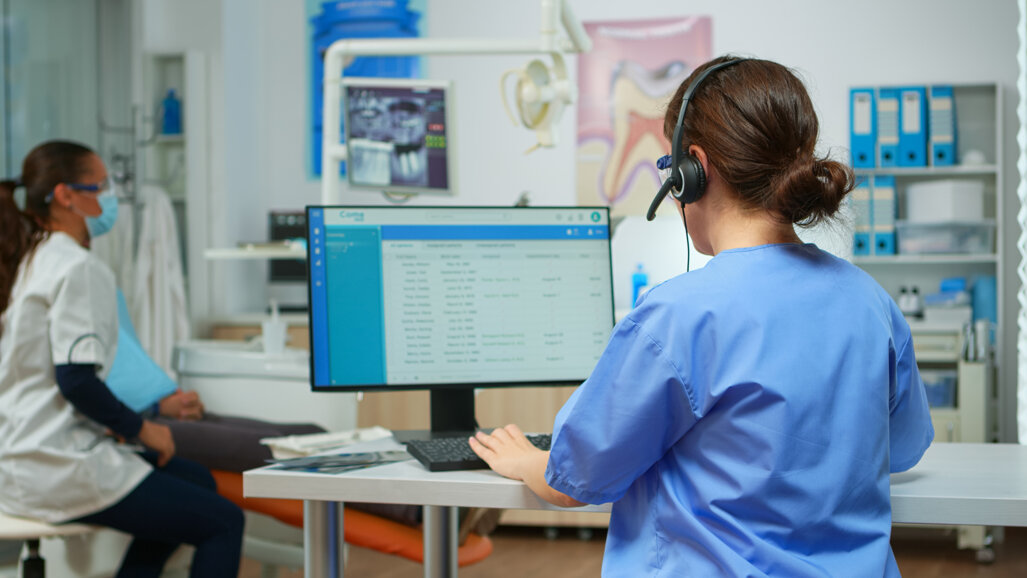




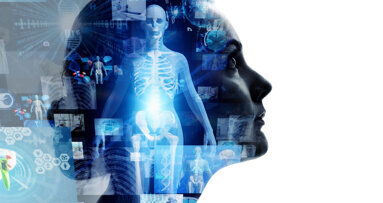
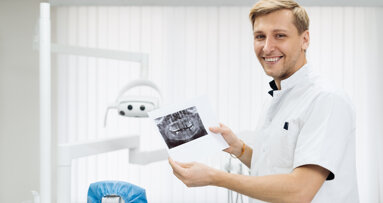

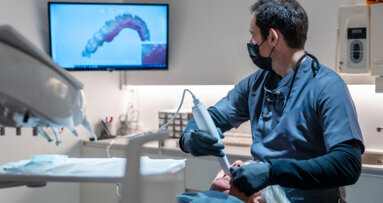
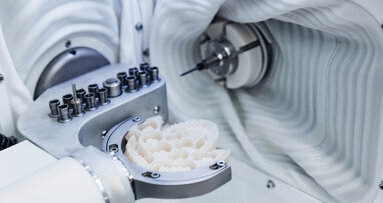








To post a reply please login or register